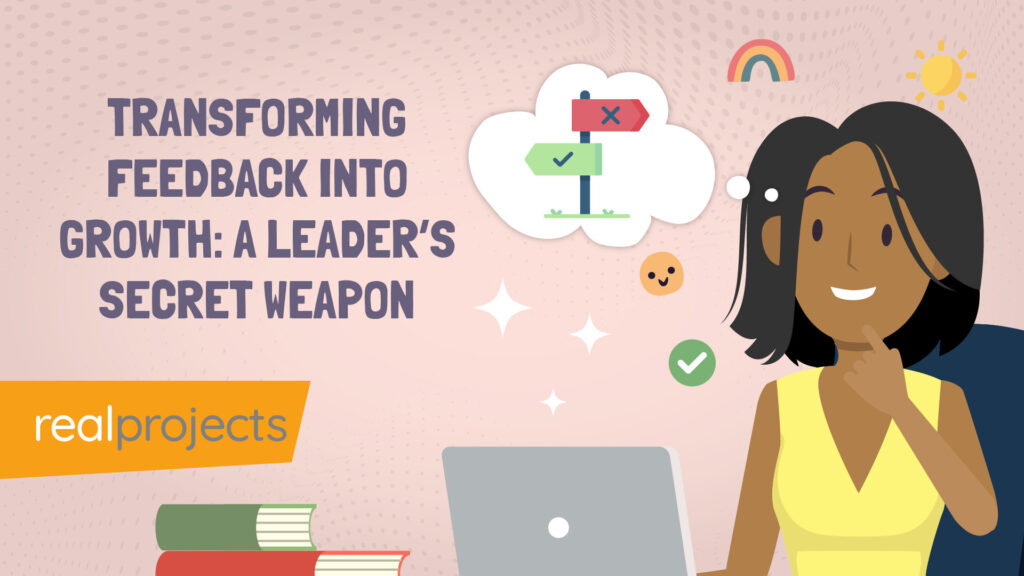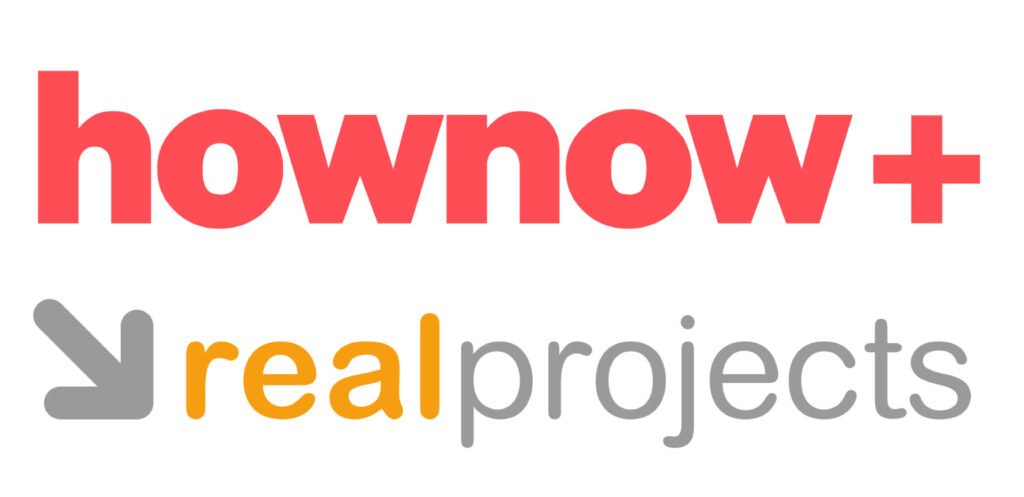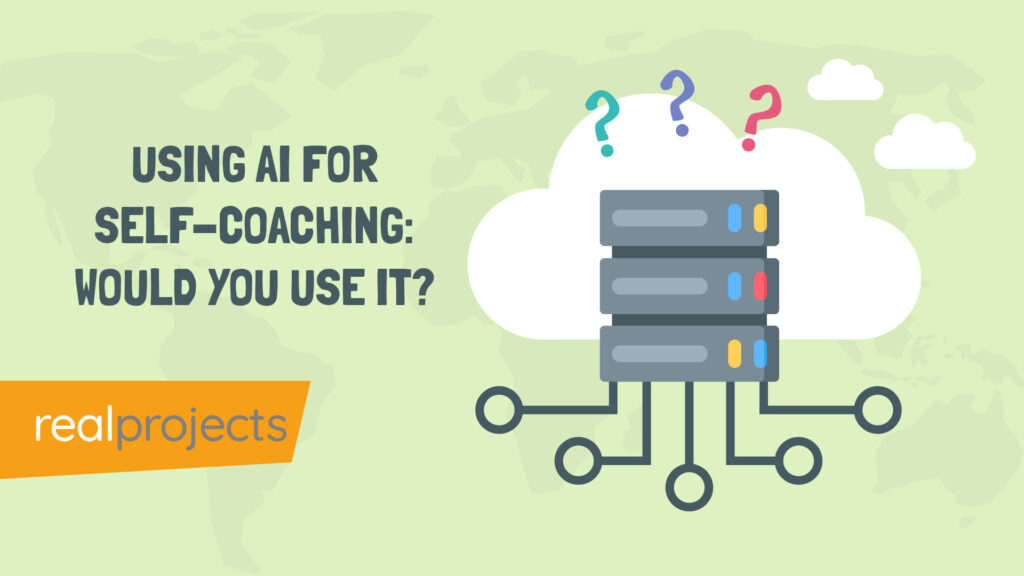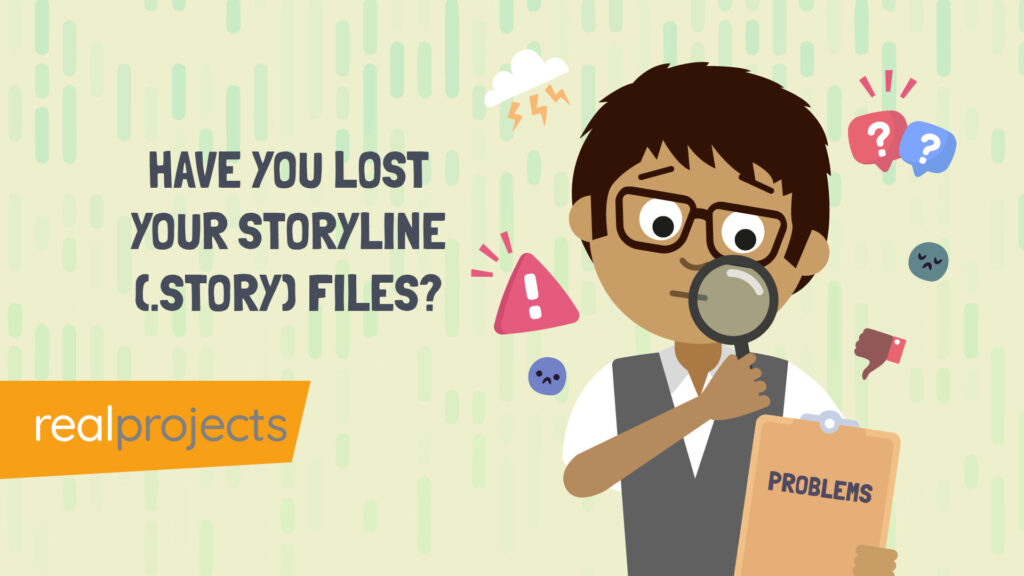Online learning is a modern phenomenon that’s revolutionised access to education. It’s had a transformative impact on the sector, enabling learners to receive a first-class education without the need to step foot into a classroom. In the last 20 years elearning has seen a 900% growth, demonstrating both its popularity and ease of access.
But, just because it’s become hugely popular does that make it valuable? Is an online course a qualification or not?
Read on as we explain exactly what an online course is and how it’s valued by employers and educational institutions.
Types of Qualifications
With improvements in digital technology and a growing confidence with digital literacy in general, more and more people have found themselves accessing education through online learning. And, just as we feel more self-assured about broadening our horizons via digital platforms, we also know that online qualifications are just as likely to increase employability as those gained in a classroom.
As the explosion in the popularity of online learning has continued to rage, the breadth of courses has continued to broaden. Nowadays, no matter what your interest, there’s an elearning course out there just waiting to be taken.
Formal qualifications, such as GCSES, A-Levels, degrees and diplomas can all be studied through online courses. These qualifications, as long as they are awarded by accredited organisations, are just as weighty and valid as those obtained in the classroom.
It’s also possible to gain professional certifications and micro-credentials through online learning courses. Again, as long you ensure you are using materials from accredited organisations, they will carry the same validity as those gained in person.
It’s worth pointing out that online degrees, diplomas and other certifications are ranked just as highly as in person equivalents. But, if potential employers are not familiar with the educational organisation, your qualification may not be seen as relevant or valuable. So, if you’re considering completing your degree online, do make sure that you’ve done your research and that the institution you choose is well-respected to ensure its credibility.
Worth of Online Courses Without Formal Qualification
Not all online courses result in a formal qualification but this by no means diminishes the value. With there being such a broad range of accredited courses, run by excellent educational establishments, employers not only recognise elearning courses but hold them in the same regard as those gained in person.
Whilst the course you need to gain entry into your chosen career or indeed, progress your current career, may not come with a formal qualification, it doesn’t mean that employers won’t expect to see evidence of it on your CV. Enhancing your resume with certified industry-specific knowledge showcases your commitment to continuous learning and professional development.
Elearning courses are proven to provide rich, high-quality education that is valued by employers–and more importantly lead to the acquisition of skills or industry specific learning. Because of the explosion in elearning providers and the range of courses offered, employees can open up opportunities needed to grow their career.
In addition to this, many organisations and industries are generating their own unique training content or buying in stellar packages generated by experts in online content. These courses may not come with a formal qualification but they are tailored to meet the precise requirements needed to progress in your career.
Continuing Professional Development (CPD) Points
Continual Professional Development (CPD) is an important part of career progression. CPD enables you to grow into your job and prepare to take on new roles and responsibilities through training and certification.
Some employers, such as the UK Government will offer employees CPD budgets, demonstrating the value that organisations and industries place on such educational input.
In order to demonstrate you’re undergoing continued CPD, some professional bodies insist that you acquire a set number of CPD points within an allocated period of time.
As you progress through your CPD training, details of the learning and the number of CPD points amassed will be included in your portfolio, demonstrating your personal commitment to professional development.
Courses that add to your CPD portfolio may not come with an official accreditation or qualification but they can have a demonstrable impact on the development of your career and are an incredibly valuable way of showing you’re keen to learn.
Building up CPD points through taking courses specific to your intended career progression prepares you for new roles and responsibilities and provides you with industry- specific training. As we’ve mentioned already, professional bodies may provide you with personalised learning that’s been created uniquely for your organisation. And, whilst this may not be rewarded with an official qualification, it will benefit your career in the long and short term.
Balancing Factors
Whilst it’s widely recognised now that the value of an online training program is as equivalent to a traditionally earned accreditation, there has been scepticism in the past. In years gone by, not all employers adequately acknowledged training that had been completed online. Thankfully and rightfully, this has changed. Now, it’s learners that need to let go of the notion that online learning is not as deep, effective and impactful.
There are times though when the acquisition of practical application can be required to complete the training or secure certification, and this may be somewhat of a challenge to learners when working virtually.
It has to be said though, that elearning has moved mountains in pushing the boundaries of successful, rewarding and life-changing education in recent decades. It’s opened up possibilities for those who maybe never thought the completion of formal or informal learning was possible. And, it’s been the driving force for many a new career or profession for a great number of people. Elearning is revolutionising the present and it’s in pole position to change the future for so many.



